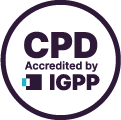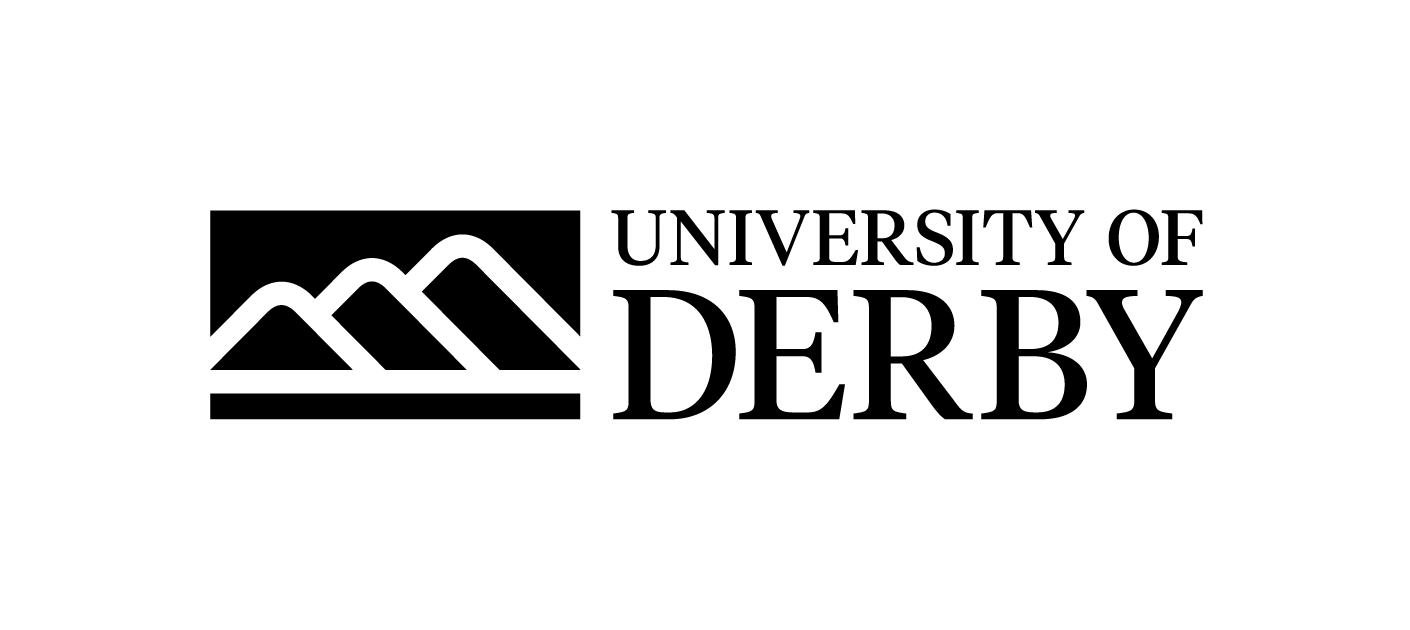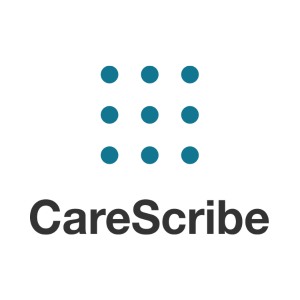The Northern Equality, Diversity, and Inclusion (EDI) in the Workplace Conference 2025
Salford Community Stadium 30 April 2025, 9:00am - 4:00pm

- EDI Priorities in 2025 – understanding the impact of recent events
- Going beyond the employer’s basic EDI responsibilities
- How do we move EDI forward in the UK?
- The purpose and benefits of prioritising EDI
- An insight into the Council's vision, priorities and progress
- The importance of staff voice, experiences and co-design.
- Measuring impact and outcomes.
As the world become even more dominated by the rise of identity politics and a growing backlash on DEI, the need to develop an approach based on the FAIRER principles, together with a strategic mission that places corporate cohesion at its heart is becoming ever more critical. This session sets out what this means in practice for both UK and global businesses.
Work environments today needs to be designed to be inclusive for all. But to be inclusive we need to embrace design principles that aid in accommodating various personality traits, work styles and neurotypes. The fact is that today we are living in a time of increased numbers and awareness about individuals with neuro-sensitives and special needs, such as ADHD, Autism and Dyslexia. In fact, 1 in 5 people are considered neurodivergent, but fewer than 50% know it. And when we design for the extreme, we benefit the mean, for everyone is impacted for sensory stimuli in the build environment, even neurotypicals. Spaces today needs to reflect the diverse makeup of organizations. Not only is designing to be inclusive the right thing to do, there is a compelling business case for it as well. Join us as we share the findings from our research and share how we can design a more neuro-inclusion community.
- Exploring diversity within diversity and the distinction between surface-level diversity and deep-level diversity (such as neurodiversity and socio-economic background).
- Recognising how intersecting marginalised identities can result in compounded forms of discrimination, exclusion, and disadvantage.
- Understanding the lived experiences of people with multiple, intersecting marginalised identities in the workplace.
- Recognising the importance of intersectionality within DEI policies and strategies.
- Understanding the role of organisational processes (e.g. recruitment, progression, and performance management) in reinforcing biases.
- Practical steps including collecting and analysing data to inform inclusive strategies and decision-making.
- The importance of the shift from allyship as a passive support role to an essential leadership competency
- Engaging all colleagues to be active allies when it comes to DEI
- Practical ways leaders can model allyship, including amplifying underrepresented voices and addressing bias in real time
- The impact and the power of representation
- Exploring the recent EDI backlash narratives dominating the conversations
- Has the perception of EDI initiatives changed in the UK as a result?
- How can organisations respond in a tactful but firm manner, to provide reassurance to their employees?
- Tools to challenge harmful narratives in a constructive manner, for powerful EDI advocacy
Speakers:
- Fran Redmond, Regulatory Affairs Professional, BT Pride Network – Relationships Lead, Chair - LRACCS Equality Squad, BT Group
- Christopher Owen, Founder of Coliberate, Author of 'Visible Justice: An LGBTQ+ Inclusivity Handbook', Northern Gamechanger 2024
- Annie Mbako, Inclusion Strategist
- Amy Lynch, Head of Diversity, Equity and Inclusion, Thoughtworks
- Patrick 'Poggy' Murray Whitham, Programme Manager, EqualEngineers, and Co-Chair of InterEngineering
- Dan Robertson, Managing Director, FAIRER Consulting
- Building an inclusive team and culture through inclusive recruitment practices
- The story of challenges we faced and how we solved them
- Exploring effective outcomes to measure the value of your initiatives
- Understanding coliberation and its benefits for your stakeholders
- Practical tools and strategies to respond to the needs of your unique communities





